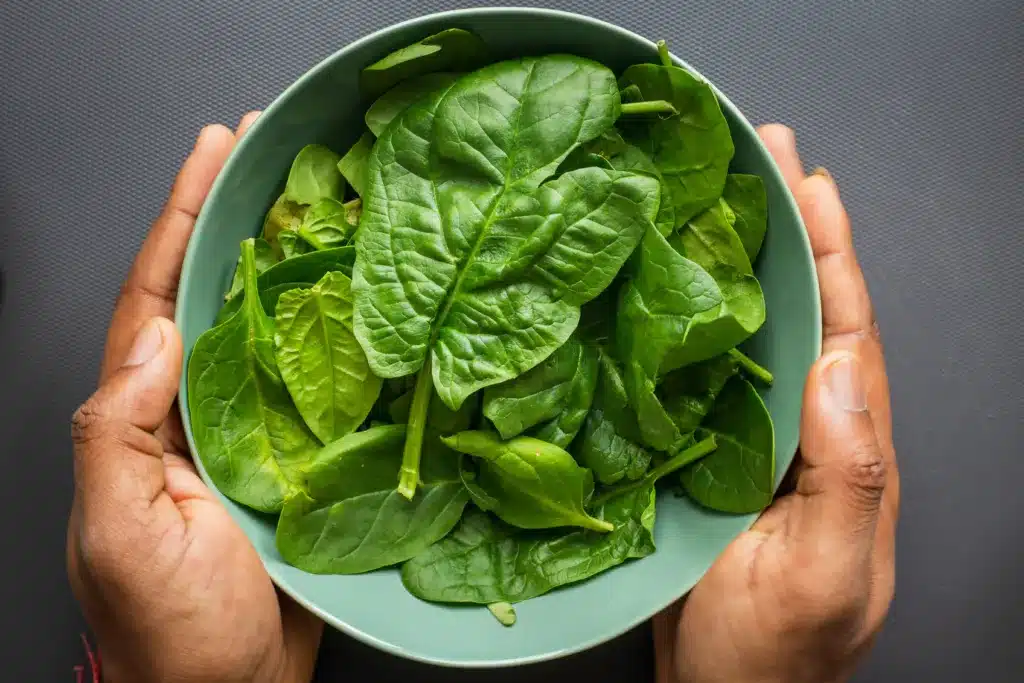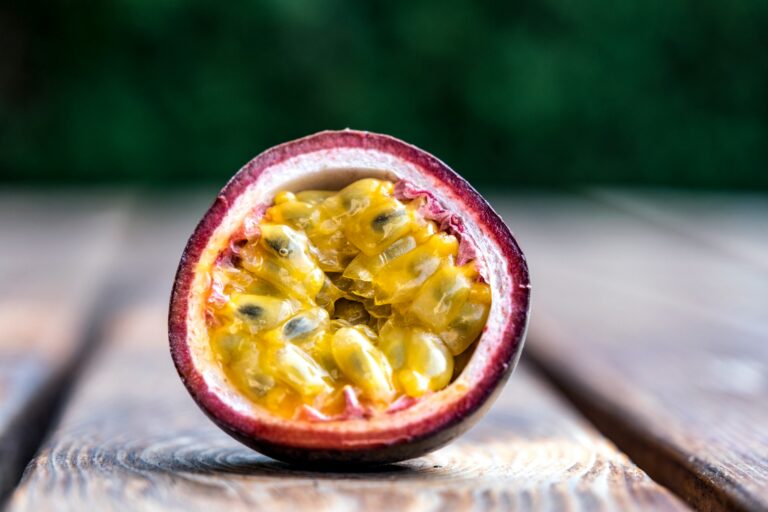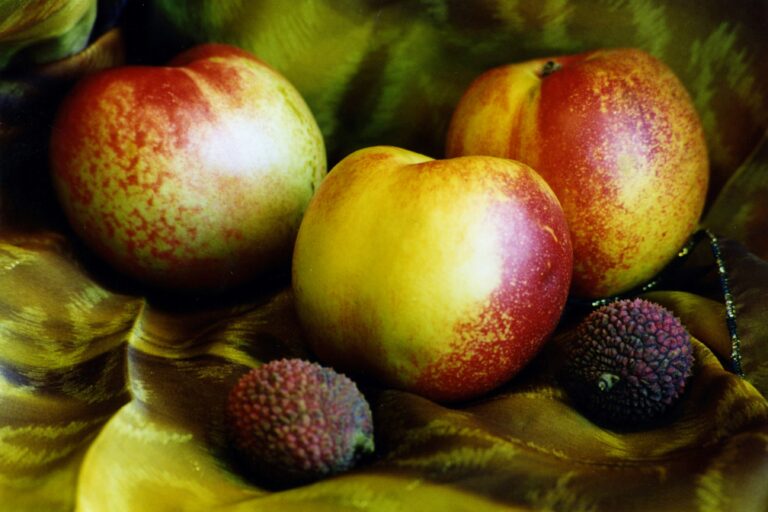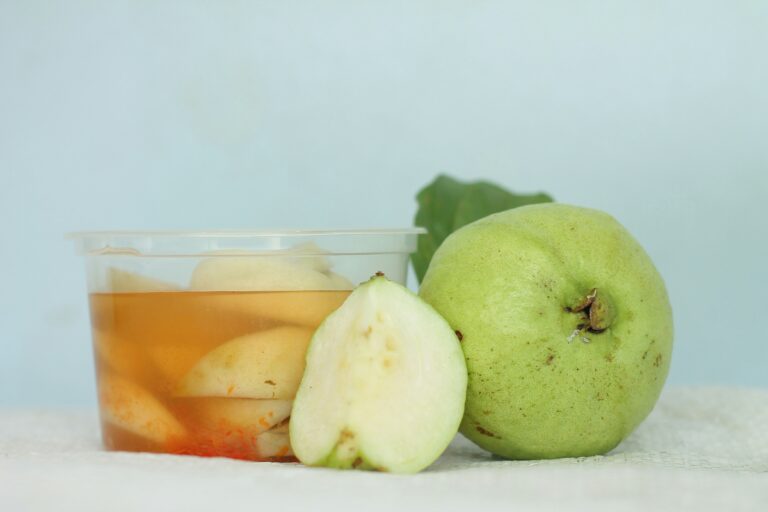The scientific name of spinach is Spinacia oleracea and it belongs to the family Amaranthaceae. Spinach is also known as “Persian Greer” in China. Spinaches are used as Vegetables for cooking. Spinach is chock full of fiber. Spinach is a leafy green flowering plant native to central and western Asia. It was introduced to China in the 7th Century and likely brought to Europe in about the 12th century. Spinach is become quite popular and spread throughout the world.
Size: 2-30 cm long and 1-15 cm broad
Shape: Alternate, simple, ovate to triangular, and very variable in size
Color: Bright green color
Flavor: Mild refreshing and slightly sweet taste
Properties, Use/Ways, & Nutritional Value of the Spinach
Properties
- Helps prevent osteoporosis
- Assists baby development
- Keeps eyes healthy
- Curbs Appetite
- Boosts hydration
- Lower risk of heart disease and cancer
Use/ways
As a food, it can be cooked, put in an egg, blend in shakes, stir into soups, stews, and stir-frys
Nutritional Value
- Spinach contains multiple types of vitamins. It is perfectly Ok to eat spinach every day
- Spinach helps in bone and tooth development
- Spinach helps in lowering the heart diseases
- It may be associated with good health of Vitamin due to the enrichment of iron in this vegetable
- Like other plant foods, spinach is also considered a healthy food
Nutrients
Spinach contains several minerals and vitamins. It is an extremely nutrient-rich vegetable. Spinach is a superstar among green-leaf vegetables. Two cups of raw spinach contain
- Calories 14
- Proteins 1.7 g
- Fiber 1.3 g
- Fats 0.2 g
- Carbohydrates 2.2 g
- Sugar 0.3 g
| How to grow Spinach? |
Healthy Benefits of Spinach
Spinach is a rich source of calcium and iron including Vitamin A, Vitamin C, Vitamin K, iron, folate, and potassium. Moreover, it is a rich source of fiber and has the added benefit of low-calorie content It packs a high amount of carotenoids. Spinach aids in weight loss and is good for your eyes and reduces blood sugar.
Diabetes management
Spinach contains an anti-oxidants known as alpha-lipoic acid, suggest which lowers glucose level, increase insulin sensitivity, and prevents oxidative, stress-induced changes in patients with diabetes
Lowers blood pressure
Due to the high content of Potassium, spinach helps to manage blood pressure. It will surely help in reducing the effects of sodium in the body
Cancer prevention
Chlorophyll may have anti-cancer properties and people who eat a diet rich in green vegetables may have a lower incidence of developing cancer
Healthy skin and hair
Improve skin pores and hair follicles to moisturize skin and hair. Vitamin C is crucial for building and maintaining collagen, which provides structure to skin and hair and Iron deficiency can cause hair loss. Spinach is high in Vitamin C and iron.
Asthma management
Anti-oxidants, such as Vitamin C, vitamin K, and beta carotene, may all assist lung function, and spinach contains all three. Eating fruits and vegetables rich in nutrients may help reduce the sensitivity of asthma. It will lessen the risk of attacks
Nutritional Advantages of Spinach
Iron
Spinach is a nutritious and plant-based source of iron, a mineral that is crucial in transporting oxygen in the blood. Iron supports the immune system, aids in the digestive system, and also helps in maintaining healthy pregnancies.
A person can increase their body’s iron absorption from plant-based products by consuming-contains long side foods rich in Vitamin C.
Calcium
Spinach contains approximately 30mg of calcium per cup. However, the body absorbs calcium less than dairy sources calcium. Spinach has also a high oxalate content which binds to calcium and makes it different for our bodies to use.
Magnesium
Magnesium is necessary for energy metal rhythm, maintaining muscle and nerve function, regular heart rhythm, a healthy immune system, and maintaining blood pressure. It also plays a part in numerous biochemical reactions in the body.
Side Effects of Spinach
- Eating too much spinach can interfere with the ability of the body to absorb minerals. Oxalic acid present in spinach binds with zinc, magnesium, and calcium because which body doesn’t absorb enough nutrients, which may lead to a mineral deficiency
- Eating excessively leads to gas, bloating, and cramps because excessive intake, a human can not metabolize it at all once
- Histamine present in spinach may trigger a minor pseudo-allergic effect or allergic reactions
FAQ
What is the benefit of spinach?
In addition to calcium and iron, spinach is a good source of vitamin A, vitamin C, vitamin K, iron, folate, and potassium. Additionally, it is a high source of fiber and has the bonus of being low in calories. It contains lots of carotenoids. Spinach helps you lose weight, is healthy for your eyes, and lowers blood sugar.
Is it better to eat spinach raw or cooked?
If you eat spinach cooked, you’ll absorb more calcium and iron. The cause is that spinach contains a lot of oxalic acids, which prevents calcium and iron absorption but it breaks down at high temperatures.
How much spinach per day?
However, it is often not advised to consume more than 1 to 1.5 cups of cooked spinach or 2 to 3 cups of raw spinach daily. Any food in excess amounts, including spinach, may cause problems with digestion, nutrient absorption, and general health.






